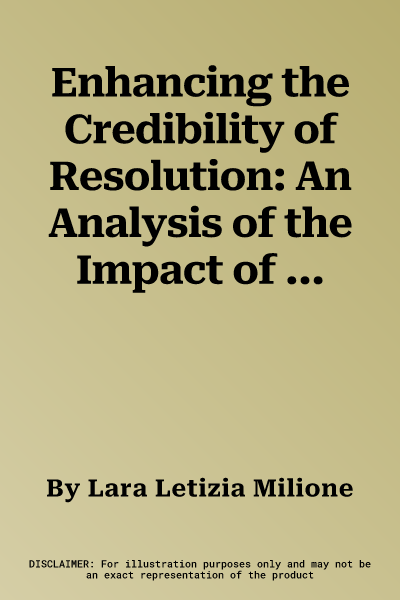Lara Letizia Milione
(Author)Enhancing the Credibility of Resolution: An Analysis of the Impact of Recovery and Resolution Planning and Loss-Absorbing Capital Requirements on thePaperback, 12 December 2022

Qty
1
Turbo
Ships in 2 - 3 days
In Stock
Free Delivery
Cash on Delivery
15 Days
Free Returns
Secure Checkout

Print Length
302 pages
Language
English
Publisher
Nomos Verlagsgesellschaft
Date Published
12 Dec 2022
ISBN-10
3848774895
ISBN-13
9783848774890
Description
Product Details
Author:
Book Format:
Paperback
Country of Origin:
US
Date Published:
12 December 2022
ISBN-10:
3848774895
ISBN-13:
9783848774890
Language:
English
Location:
Baden-Baden
Pages:
302
Publisher:
Weight:
4576.74 gm